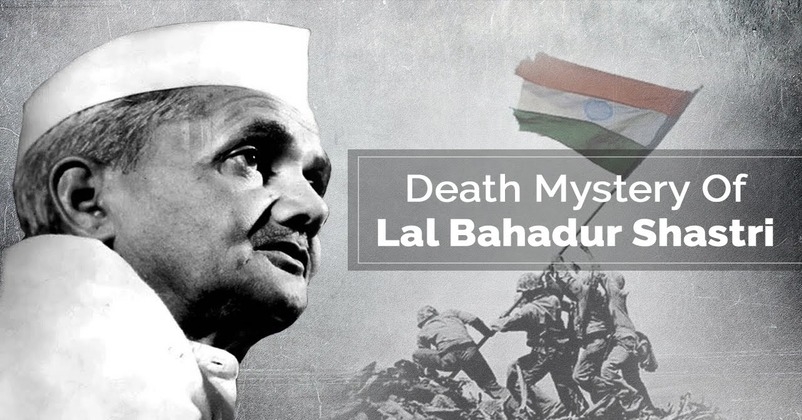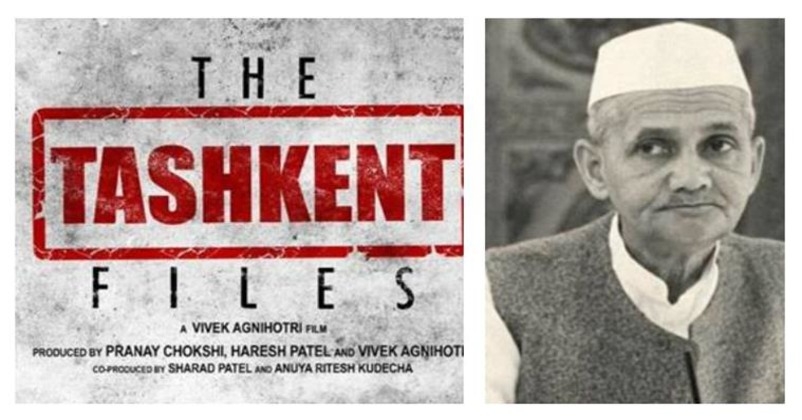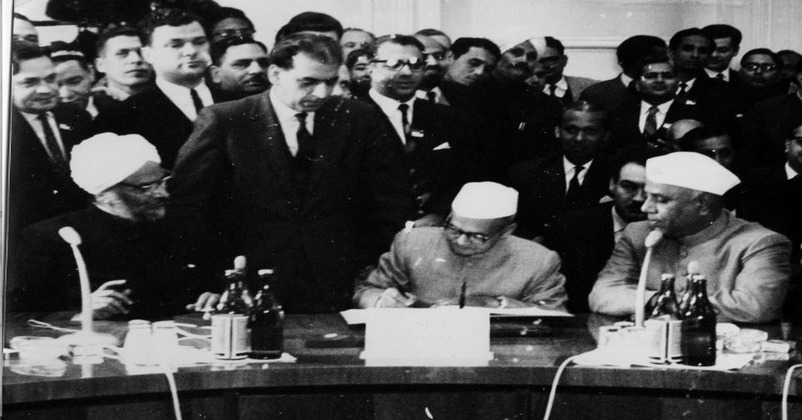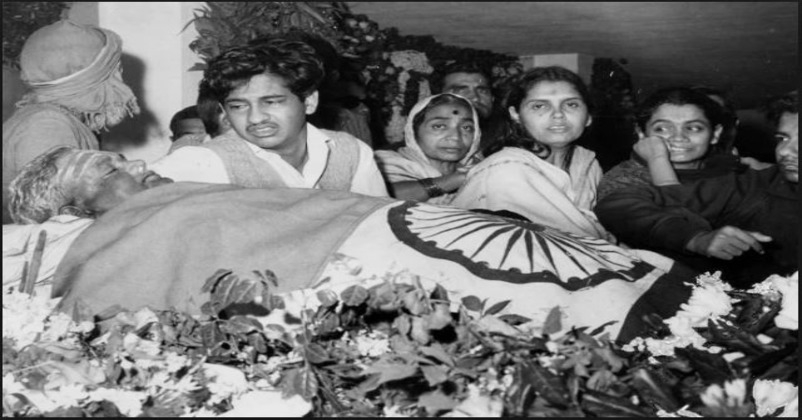The Tashkent Files: Movie that would unravel the mystery around the death of former PM Lal Bahadur Shastri
| 19-Mar-2019 |

Vivek Agnihotri’s upcoming movie is going to be released on April 12, as per the tweet of the director. Agnihotri is known for his movie ‘Buddha In A Traffic Jam’ that was focusing on the issue of urban naxals. Naseeruddin Shah and Mithun Chakraborty are also there in the movie.

The movie will uncover the mystery surrounded around the death of the former Prime Minister of India late Shri Lal Bahadur Shastri. Shastri went to sign Tashkent Agreement but he was found dead, on the very next day of the signing of the agreement, under mysterious circumstances.

About Tashkent Agreement
Tashkent, Uzbek Toshkent, is the capital of Uzbekistan and it is the largest city in Central Asia. Tashkent was the part of USSR till 1991. With the United Nations Security Council (UNSC) intervention, the ceasefire was ensured on September 22, 1965, between India and Pakistan. Soviet premier Aleksey Kosygin mediated the agreement between India and Pakistan and invited the leaders of both the countries to Tashkent. Following which, Tashkent Agreement was signed between India’s Prime Minister Lal Bahadur Shastri and Pakistan’s President Ayub Khan on January 10, 1966, to end the 17 days long war between India and Pakistan during August–September 1965. India registered its strong protest against the agreement as it did not contain a no-war pact or any renunciation of guerrilla aggression in Kashmir.

Mysterious death of PM Lal Bahadur Shastri
The Tashkent agreement was signed between India and Pakistan on January 10, 1966. India’s Prime Minister Lal Bahadur Shastri died the next day under the mysterious circumstances and it was speculated that Shastri was killed by poisoning the water he drank. Though every attempt was made to show it as a natural death yet the absence of a post-mortem, suspicions of his family members, lack of serious investigations after his death, unnatural deaths of witnesses who were going to depose before the parliamentary body, and the refusal of Indian government to release documents relating to his death raise certain intriguing questions on such believes.